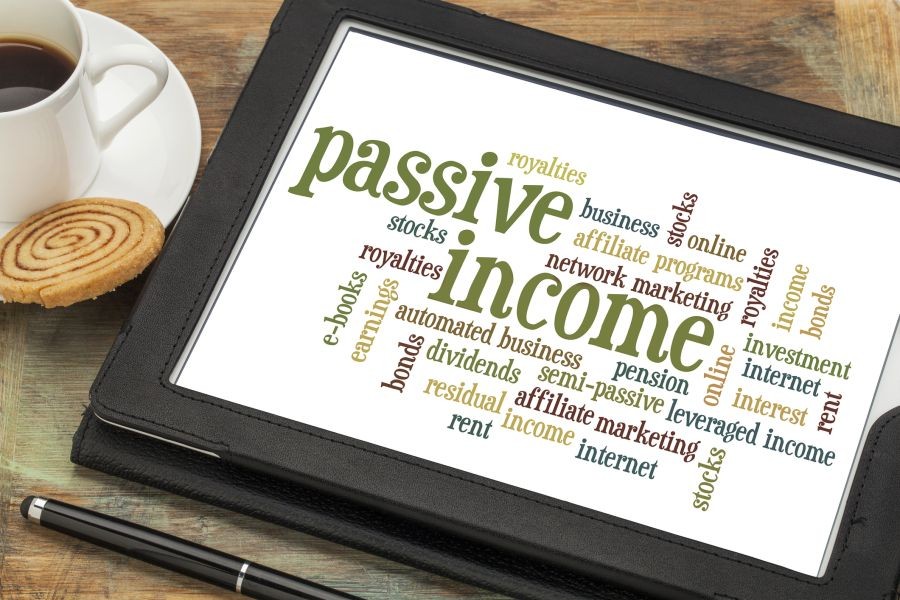Introduction
“As the New Zealand property market becomes a focal point for investors globally, waiting too long to secure your investment might just be a costly mistake.” With property prices continuing to rise and the government tightening lending regulations, the window for lucrative property investments is rapidly narrowing. Recent data from Stats NZ shows a staggering 27% increase in property prices over the past three years. This article explores why waiting to invest in New Zealand property could be financially detrimental and how investors can strategically navigate this complex market.
Navigating the Rising Property Prices
Over the past few years, New Zealand’s property market has experienced significant price hikes. According to the Reserve Bank of New Zealand, urban centers like Auckland and Wellington have seen some of the highest price increases. This market surge is driven by a combination of factors including low interest rates, population growth, and limited housing supply. For instance, Auckland’s housing demand has outpaced construction, leading to limited inventory and escalating prices.
Investors who delay purchasing property might find themselves priced out as prices continue to rise. A comparative analysis with global markets indicates that New Zealand’s growth trajectory mirrors that of cities like Sydney and Vancouver, where delayed investments have resulted in higher entry costs and lower return potentials.
Government Policies and Their Impact
The New Zealand government has introduced policies aimed at cooling the overheated property market, such as the Overseas Investment Amendment Act, which restricts foreign buyers. While these policies aim to stabilize the market, they also create uncertainty for investors. Prospective buyers must stay informed about policy changes to make timely investment decisions.
Case Study: Auckland’s property market
Problem: Auckland-based investor Sarah delayed her property purchase, hoping for a market cooldown. Within a year, property prices surged by 15%, making her initial budget inadequate.
Action: Understanding the urgency, Sarah adjusted her strategy by securing a pre-approved loan and partnered with a real estate consultant to explore emerging suburbs with growth potential.
Result: Within six months, Sarah successfully purchased a property in an up-and-coming neighborhood. Her decision to act swiftly resulted in a 12% increase in property value within the first year.
Takeaway: Investors should leverage professional insights and act promptly in dynamic markets like Auckland. Delayed decisions can lead to missed opportunities and increased costs.
Pros vs. Cons of Immediate Property Investment
Pros:
- Higher ROI: Investors benefit from capital gains as property values rise.
- Market Stability: Early investments secure properties before potential regulatory changes.
- diversification: Property investments stabilize portfolios against volatile markets.
Cons:
- Initial Costs: High entry costs can strain finances without careful planning.
- Market Fluctuations: Economic downturns can temporarily affect property values.
- Regulatory Risks: Policy changes can impact property investment dynamics.
Common Myths & Mistakes in Property Investment
Myth: “Property prices will always drop eventually.”
Reality: Historical data shows consistent long-term growth in New Zealand’s property market.
Myth: “Waiting for the ‘perfect’ time is wise.”
Reality: The perfect time rarely arrives; proactive and informed decisions yield better outcomes.
Biggest Mistakes to Avoid
- Ignoring Market Research: Utilize tools like Realestate.co.nz for trend analysis.
- Over-Leveraging: Avoid excessive borrowing by maintaining a balanced debt-to-income ratio.
- Neglecting Due Diligence: Conduct thorough property inspections and assess neighborhood growth.
Future Trends & Predictions
According to a Deloitte report, by 2028, urbanization and technological advancements will drive demand for smart homes in New Zealand. Investors should consider properties with sustainable features, as eco-friendly homes are projected to have a 20% higher resale value.
Conclusion
With property prices steadily climbing and regulatory landscapes evolving, waiting too long to invest in New Zealand property presents significant risks. Prospective investors must stay informed, act strategically, and leverage expert insights to navigate the complexities of the market. Ready to make your move? Explore emerging suburbs and consult with real estate experts today to optimize your investment.
Related Search Queries
- New Zealand property market trends 2023
- Best places to invest in property NZ
- Impact of government policies on NZ real estate
- Future of New Zealand housing market
- How to invest in New Zealand property as a foreigner
People Also Ask (FAQ)
How does waiting to buy property impact investors in New Zealand?
Delaying property investment can lead to higher entry costs due to rising prices, potentially reducing return on investment. (Source: Stats NZ)
What are the biggest misconceptions about the NZ property market?
A common myth is that waiting for prices to drop is smart. However, consistent growth data suggests proactive investing is more beneficial. (Source: Reserve Bank of NZ)
What strategies can help investors succeed in the NZ property market?
Experts recommend securing pre-approved loans, exploring emerging suburbs, and staying informed about policy changes for strategic investments.
What upcoming changes in New Zealand could affect property investments?
By 2026, policy updates on foreign investment restrictions could reshape market dynamics, necessitating strategic adaptation by investors.
Who benefits the most from timely property investments in New Zealand?
First-time homebuyers, established investors, and those seeking to diversify portfolios benefit from timely property investments, securing assets before further price increases.































